In order for an RV to use water, these vehicles either need to be hooked up to a water supply or have a tank that can carry enough water for general usage. Either way, in order to get that water to faucets and toilets as needed, you’ll need a proper RV water pump. Because of its importance, choosing the right kind is crucial for ensuring a comfortable and hassle-free experience while camping in your RV. Our guide will provide you with essential factors to consider when choosing an RV water pump. That way, you can rest easy knowing your water-related needs are taken care of.
Efficiency and Power Consumption
Some of the primary factors to consider when choosing an RV water pump are its efficiency and power consumption. This aspect is especially important for those who spend significant time off the grid, relying on battery power to sustain their lifestyle. Different types of pumps—such as diaphragm pumps and centrifugal pumps—offer varying levels of efficiency.
Diaphragm pumps are often preferred for their low power consumption and ability to deliver high pressure at lower flow rates, making them ideal for conserving energy. While centrifugal pumps tend to consume more power, they’re capable of delivering higher flow rates, which can be beneficial if you have multiple water outlets in your camper. Balancing efficiency and power consumption is essential to ensure that your pump does not drain your battery too quickly, leaving you without an essential water supply.
Flow Rate and Pressure

Be sure to also consider the flow rate and pressure of your potential new water pump. The flow rate, measured in gallons per minute (GPM), determines how much water the pump can deliver at any given time. Higher flow rates are generally better for larger campers with multiple water outlets, as they ensure a consistent and adequate water supply. However, a higher flow rate may also lead to increased water consumption, which could be a concern if you are trying to conserve water or have a limited supply.
The pressure, measured in pounds per square inch (PSI), affects the force at which water is delivered. Higher pressure is beneficial for tasks like showering or washing dishes, as it provides a more robust water flow. When selecting a pump, consider your specific water usage needs and choose a pump that offers the appropriate balance of flow rate and pressure. Ensuring your pump meets these requirements will significantly improve your water usage experience.
Self-Priming Capabilities
Self-priming capabilities are an essential feature to look for in an RV water pump. A self-priming pump can remove air from the system on its own, eliminating the need for manual intervention to resolve airlock issues. This feature is particularly useful for RV owners who frequently move between locations, as the movement can cause air to enter the water lines.
Without self-priming capabilities, you might find yourself constantly troubleshooting airlocks, which can be both time-consuming and frustrating. By choosing a self-priming pump, you can ensure a more reliable and hassle-free water supply, allowing you to focus on enjoying your travels rather than dealing with maintenance issues.
Noise Level
An often-forgotten issue when it comes to RV water pumps is the noise level of the water pump. If you value peace and quiet in your camper, finding one that’s not too loud will be a must. Look for pumps that are specifically designed to operate quietly. Many modern water pumps come with noise-reducing features such as sound-dampening mounts or insulated housings that minimize the noise generated during operation.
Remember that the placement of the pump within your RV will also impact noise levels. That means you can install one of the quieter models in a well-insulated compartment or away from living areas in order to further reduce noise disturbances. Prioritizing a quiet water pump will contribute to a more comfortable and enjoyable RV experience.
Durability and Maintenance
Durability and ease of maintenance are a couple of other crucial factors you should take into consideration. A durable pump will last longer, require less frequent repairs, and save you time and money over the course of its life span. When evaluating durability, consider the materials used in the pump’s construction. Pumps made from high-quality materials such as stainless steel or reinforced plastics are generally more resistant to wear and tear. Additionally, check for features like corrosion resistance, which can enhance the longevity of the pump, especially if you frequently travel through varying climates.
In the same vein, maintenance is another critical aspect to think about. Look for pumps that are easy to access and service, with clear instructions provided by the manufacturer. Some pumps come with replaceable parts, making it easier to perform routine maintenance without needing to replace the entire unit. Ensuring that your pump is both durable and easy to maintain will contribute to a worry-free RV experience.
Upfront and Operational Costs
Finally, consider both the upfront and operational costs of the water pump. While it may be tempting to opt for the cheapest option available, it’s essential to weigh the long-term costs and benefits. Cheaper pumps may have higher power consumption, require more frequent maintenance, or lack durability, leading to higher operational costs over time. That means investing in a higher-quality pump with better efficiency, durability, and features can result in significant savings in the long run.
When evaluating costs, also consider any additional expenses, such as installation fees or the cost of replacement parts. By taking a comprehensive approach to cost assessment, you can select a pump that offers the best value for your investment, ensuring both immediate and long-term benefits.
Where To Get Your Pump

Now that you know what factors you should take into account, it’s time to get that RV water pump that’ll suit your camper’s needs. United RV Center is proud to be an online RV supplier our customers can rely on. We have a vast selection of water pumps for you to choose from as well as other essential pieces of RV equipment. No matter what you need, United RV Center is the place to go to upgrade your personal camper.
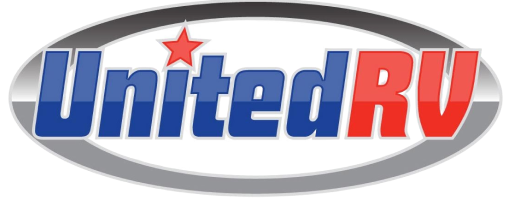

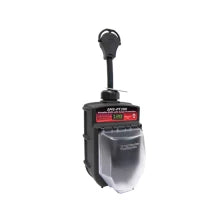
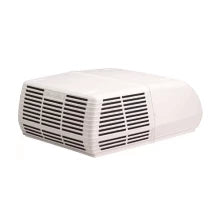
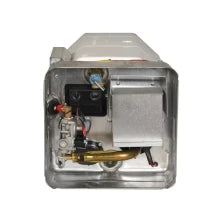
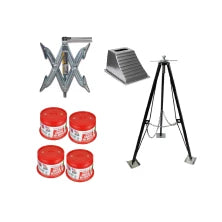
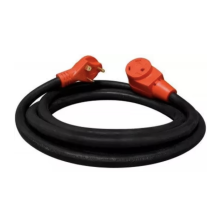
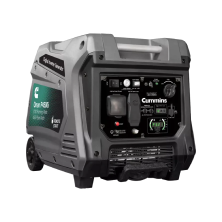
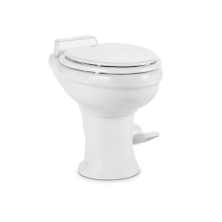
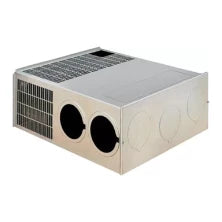
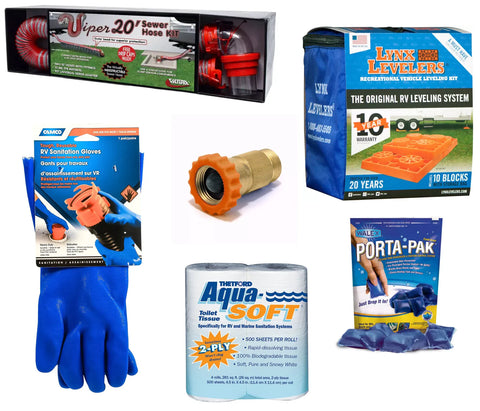
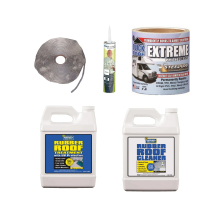
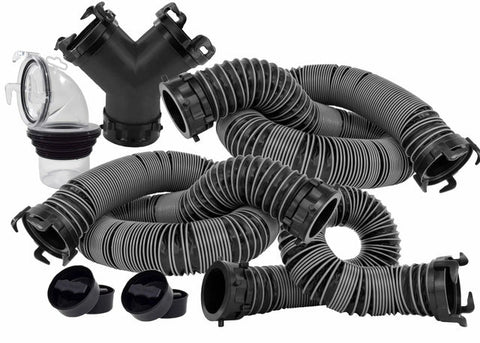
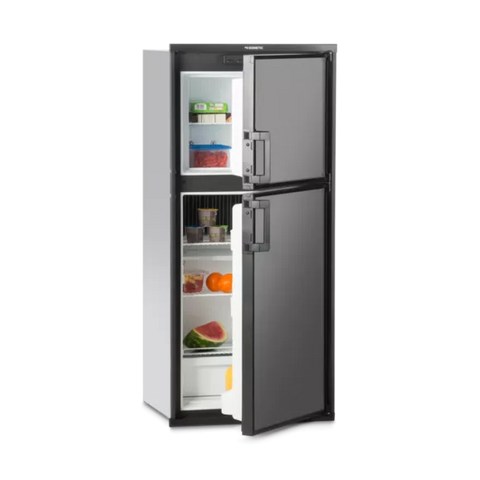
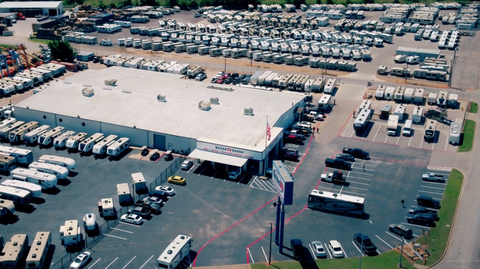
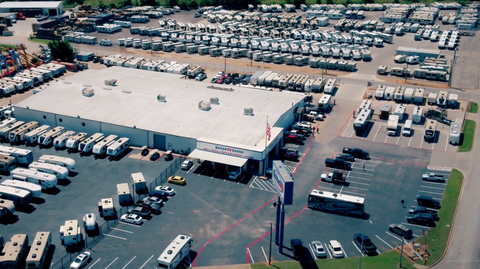
Comments (0)
There are no comments for this article. Be the first one to leave a message!